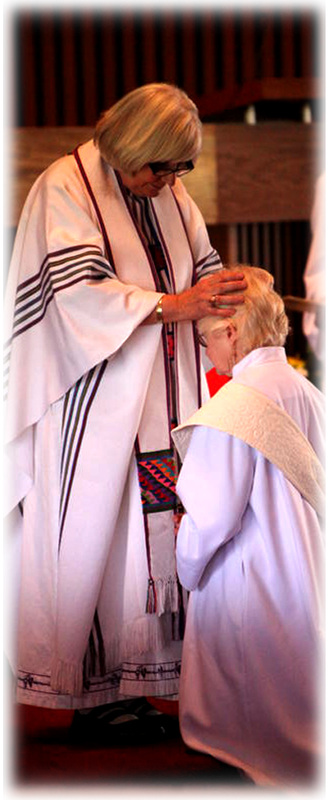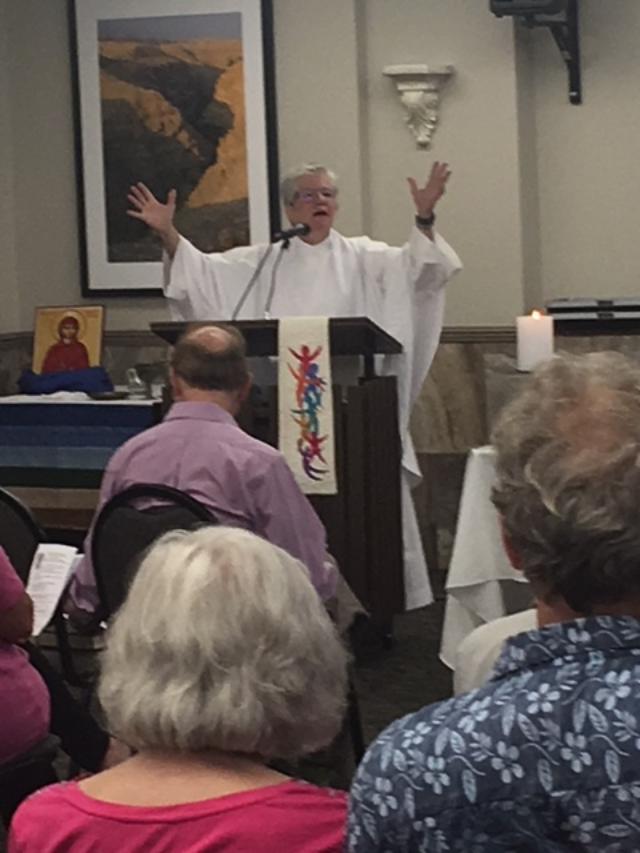What’s wrong with this town, what’s wrong with the church (I’ll stick with the Catholic Church because that’s what I know) that following the advice of Paul in 2 Thessalonians can’t fix?
Let’s look at some examples. First, the City of Indianapolis. A headline this week, on October 26, in IndyStar reads – COURT: WORKER CAN SUE OVER DCS CASELOADS
Caseworkers’ caseloads continue to rise, because the money appropriated by the state legislature has not been sufficient to allow Department of Child Services to hire enough caseworkers to meet mandatory caseload standards. That means more children will continue to be abused and neglected. Some will die from mistreatment and even starvation. Why is this situation allowed to continue?
Another example: Let’s review a situation in the Catholic Archdiocese of Indianapolis, a situation that is multiplied many, many times across the United States and the world.
On July 1, of this year, three parishes in Richmond, IN—Holy Family, St. Andrew and St. Mary—were officially combined and named St. Elizabeth Ann Seton Parish. The new parish includes the territory of the three former parishes, maintains three worship sites and is served by one pastor. The new parish is made up of over 1100 households.
Yes, there are not enough case workers to serve children who need to be taken to a safe and supportive environment that is regularly supervised on site. There are not enough priests to serve people’s spiritual needs. Who are the ones responsible for these situations continuing year after year?
Meanwhile there are many social workers who would love to work for Child Protective Services if there were job openings, a supportive environment and a living wage.
There are many men who were ordained as Catholic priests but left the active ministry either to get married, in disgust with the politics of the Roman Catholic hierarchy, or some other reason. Then there’s the issue of the many Catholic women who would love to be ordained and have the credentials, but the all-male hierarchy says that women can’t be priests because only men have ever been ordained as priests in the Catholic Church. That, by the way, isn’t true. There is plenty of proof to the contrary.
Who are the ones responsible for these situations continuing year after year?
Many officials of the State of Indiana and Roman Catholic Church are the ones who ignore these situations. They are the idlers. They don’t have any excuse like “the end of the world is coming. It will be all over soon.” They are politicians looking out for themselves and what they want instead of serving the people they were elected or ordained to serve. Of course, this doesn’t refer to all office holders, but enough to have the power to stifle change.
Now let’s look back at today’s reading from St. Paul. What does the writer of 2 Thessalonians, have to say? Paul’s main concern was to ensure harmony within the community and assure that the community would have a good reputation. He gave his own life of service to the community as an example. He told them that he worked day and night so not to be a burden to them and to be an example. The health of the community was most important. He showed them that it is not enough to preach the gospel with words, but more importantly by one’s actions.
Paul noted that he had heard that some people were not pulling their own weight. Some people were not disciplined enough or used the excuse that the end of the world was coming soon, or that the judgement had already happened, so they might as well not even try. As a practical solution, Paul counseled the leaders to hold to this norm: “Anyone unwilling to work, will not eat.”
Paul also knew about the fine line between being helpful and butting in where one is not wanted. His advice in regard to that situation was for everyone to do their work quietly and earn their own living.
Yes, as we know, there are moochers today. I know a story of an elder in a church in a small town. John had grown up poor. “We weren’t just poor. We was ‘poar.’ When Mama said there was pork chop for dinner, that’s what she meant. One pork chop and everyone got a bite.” He was one of the fortunate ones. People had helped him along the way. He had gone to college and was now a grade-school principal. He was eternally grateful for what had come his way, so he always tried to help others when he could. He lived in a poor town there was always an opportunity for that. One day a man approached John with a great tale of woe. He had not eaten in days. John was street smart enough to temper his desire to help with some cynicism. “I’m not going to give you money, but I will buy you a sandwich. What do you want? Roast beef? “Sure.” “With Mayo?” “Sure!” It was a good sandwich. John felt he had done the right thing, until he heard a voice behind him calling out to a passerby, “What will you give me for this good roast beef sandwich?”
How does the letter to the Thessalonians help people today? Here’s an example from right here in our city. Youth who live in poor areas of Indianapolis often think and say that they know they don’t have long to live because all their other former friends and gang members have all been shot and killed. The young people can’t foresee any future for themselves, let alone a positive future. They think they have the right to take whatever they want from others while they still can.
As we all know, gangs are a powerful influence on lonely, discouraged, frightened youth. There is much more work to do to counteract that influence. That includes providing jobs and mentors that help teens develop a sense of self-worth from being successful in something productive.
There are places like the Boys and Girls Clubs of Indianapolis that provides a safe, educational and positive space where youth can realize and develop values and skills. This enables them to prosper and reach their full potential. That’s not just a Mission Statement. It’s the lived experience of the young people who take part in their programs and of the staff. Then there are teachers, and coaches and music and art instructors that by their lives and by their instructions help students develop both a positive view of life and work ethic.
Some of you have been involved as staff and/or volunteers in programs like these. How have you seen that your positive impact on even one young person has made a difference in their life, and yours, too?
Back to church problems. You know that the “priest shortage” is really a false problem. There are ordained married men, gay and straight, who would love to return to the ministry if they were allowed. We womenpriests serve those on the margin of the Catholic Church, many who are shunned by the institution.
Yes, the problems in our city and in the church can be fixed by following the teaching of Paul to work hard and be a positive example for the good of all in the community.
Maria Thornton McClain, RCWP October 30, 2016
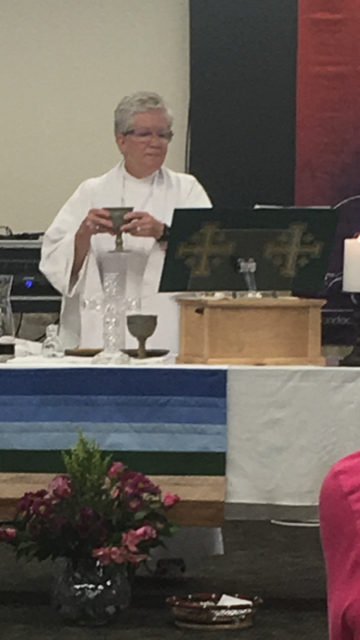
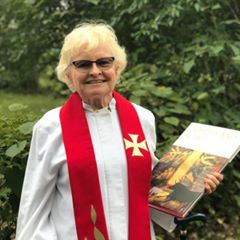
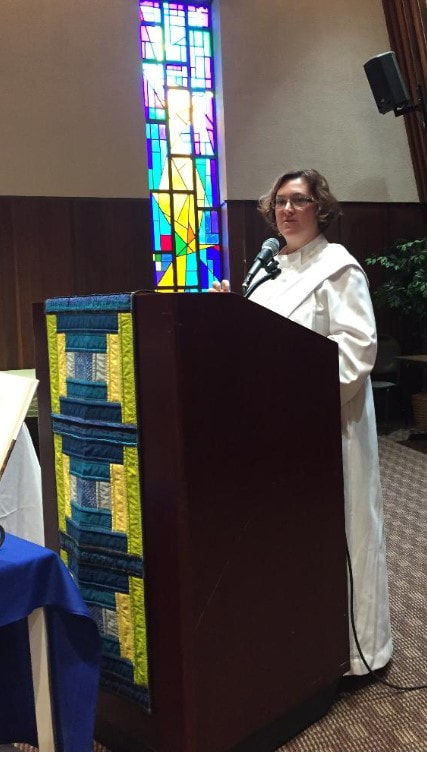
 RSS Feed
RSS Feed
